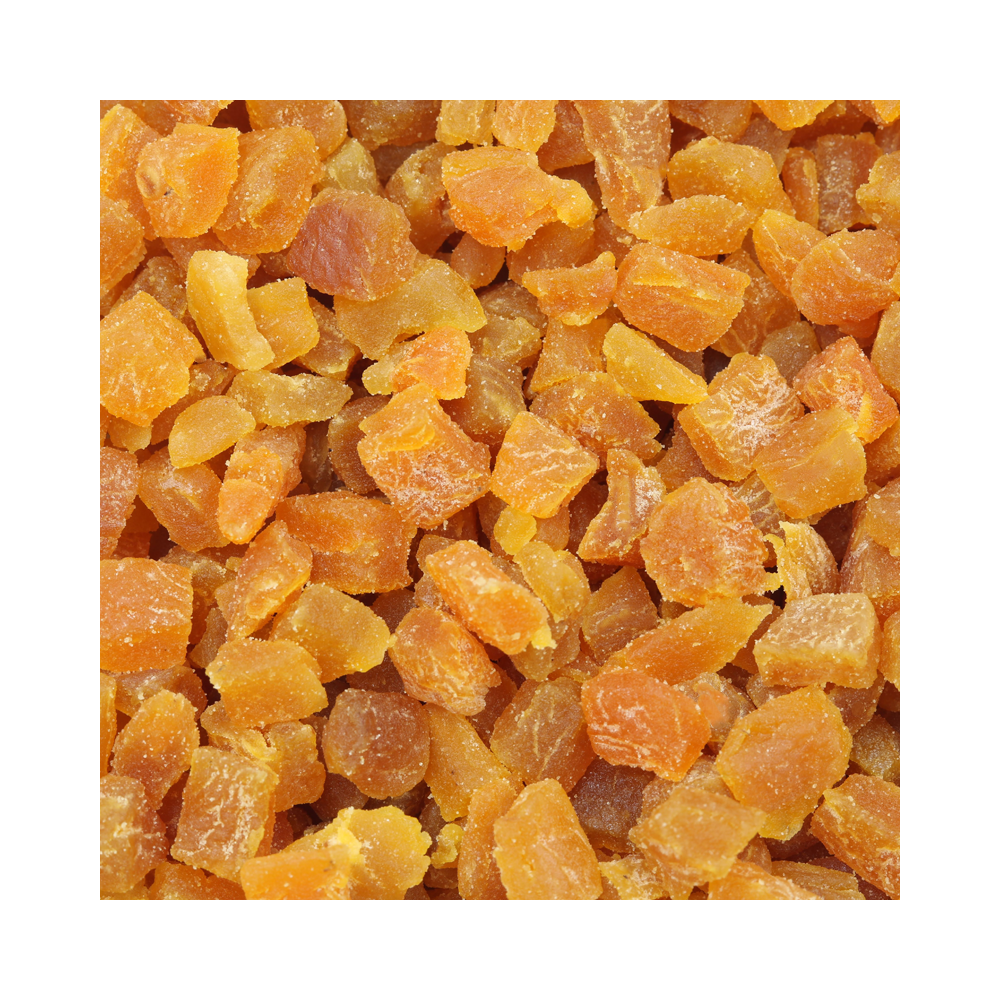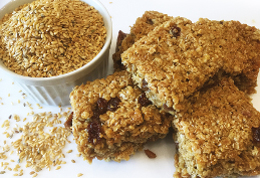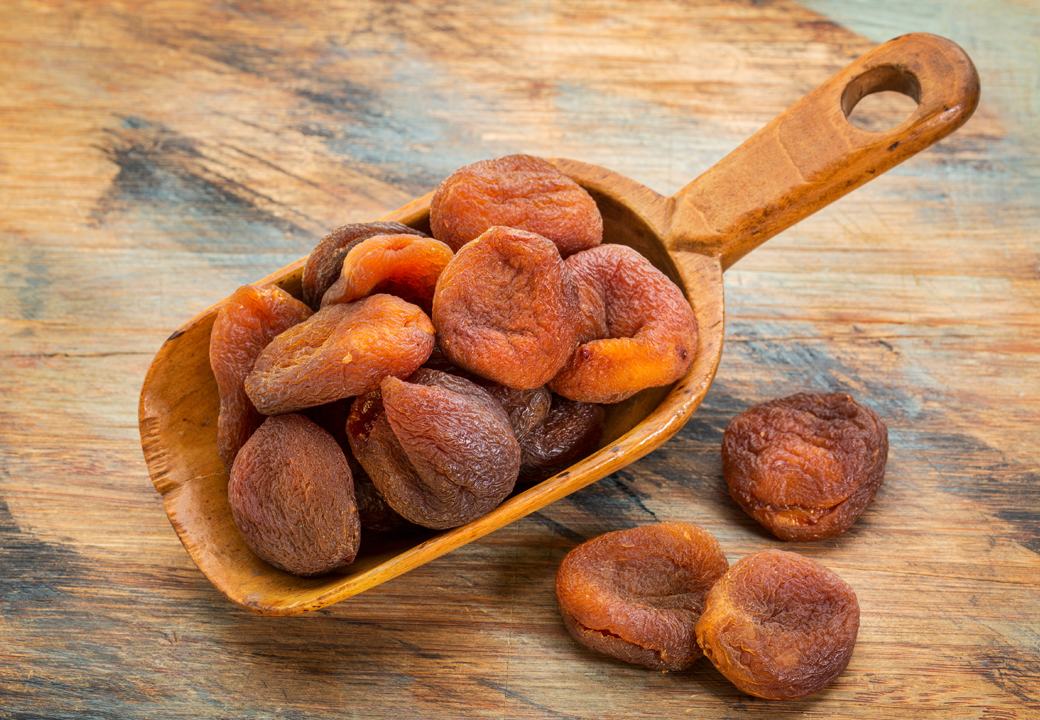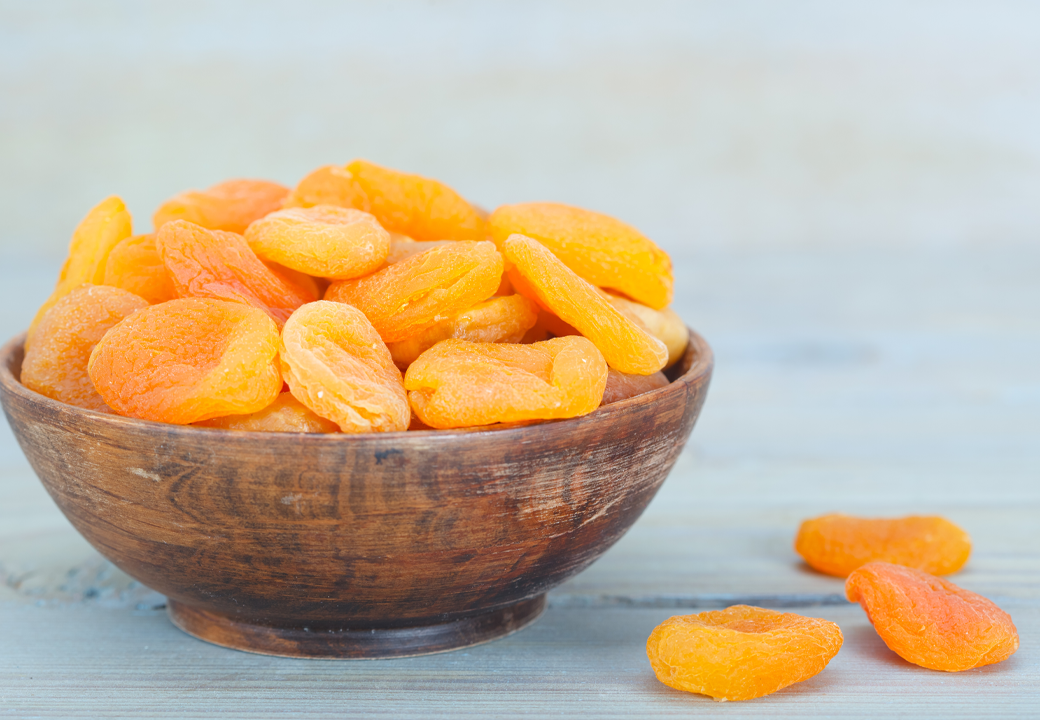

Chopped Apricots
Out of stock

Chopped Apricots are perfect for adding in to your curries, homemade muesli and for topping your favourite yogurt. Why not try making your own trail mix? Dried Apricots are a source of Vitamin B3, Potassium, Magnesium, Phosphorus, Iron, Copper and Manganese.
- Vitamin B3 - contributes to normal energy yielding metabolism and contributes to the maintenance of normal skin
- Potassium - contributes to normal functioning of the nervous system
- Magnesium - contributes to a reduction of tiredness and fatigue
- Phosphorus - contributes to the maintenance of normal bones
- Iron - contributes to normal formulation of red blood cells and haemoglobin
- Copper - contributes to maintenance of normal connective tissue
- Manganese - contributes to the protection of cells from oxidative stress
Apricots, Rice Flour, Preservative (SULPHUR DIOXIDE)
Allergy Advice For Chopped Apricots:
For allergens see ingredients in CAPITALS. Packed in a factory that also packs cereals containing gluten, nuts, peanuts, sesame and products containing sulphur dioxide/ sulphites.
Country of origin: Turkey
While every care is taken to ensure that our product information is correct, food products and recipes are constantly being reformulated meaning that ingredients, allergens, dietary and nutritional content may change from time to time. Given this fact you should always read the product label and not rely solely on the information provided on web listings.
Nutritional Information
Values per 100g
| Energy | 802KJ/188kcal |
| Total Fat | 0.7g |
| Saturated Fat | 0g |
| Total Carbohydrate | 43g |
| Sugars | 43g |
| Dietary Fibre | |
| Protein | 4.8g |
| Salt | 0.14g |









